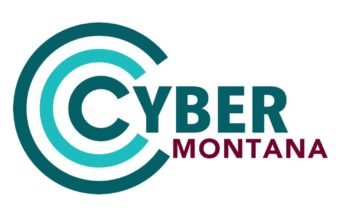Facebook can be a wonderful place to meet people and stay updated with friends and family. Additionally, many people use Facebook to help research companies that they wish to do business with. However, people don’t think to research what they are presented on the site. And while Facebook may be entertaining, they consistently maintain (under oath to Congress) that they have little to no control over their users. This situation is ripe for fraud, deception, and misleading behavior.
Facebook does little to moderate or even eliminate dishonest people using their platform. In fact, for a website that is well known for having Fact Checkers that can root out a false story, they have had little luck keeping scammers off their system, even when such bad actors are pointed out.
Anyone who has tried to report these scammers has run into the situation that Facebook deliberately tries to keep you from reporting them. This makes every claim suspect, and anyone engaging with you on the platform is a potential fraud perpetrator. Their lax security and questionable methods for deterring scammers have allowed industrial and state-sponsored hackers to take over many real accounts, whose sole purpose is to fund certain countries’ political processes.
The review system is one of the favorite places for these hacked accounts and accounts set up specifically to scam people. A review is false when it discusses activities the page does not associate with. For example, here is a screenshot of a review on a blogger’s Facebook page:

The blogger who owns the page where this was left reports on general news and doesn’t go beyond press releases regarding financial matters. This is obviously a scam. Generally, they either want your money or your passwords/logins to specific websites to deprive you of your money.
Generally, scammers like compromised accounts simply because if they do their job right, the legitimate user of the account keeps posting and going about life, which hides the bad actor quite well. The scammer recommended the page, which entices the page owner to leave the scammy post in the review.
It should also be noted that many reviews get ignored by the page owner, and they don’t even know it’s happening. As always on social media, diligence is key. Now, this blogger is associated with a scammer, so people who know what is going on start blaming the page owner for not removing this very deceptive review. Thus, some people get scammed, and in the long run, the Blogger looks nearly as bad as the scammer.
As always on social media, be cautious of what you read; do not assume the person you are engaging with is honest or even the person you think that it is. Be careful of any endorsements, and always do some extra research.
Likewise, page owners should diligently ensure that their page does not promote these scams. Many consumers will associate the page with a scam, which can have very bad consequences. At the very least, you look like you promote deceptive practices by allowing the review to stay associated simply to increase your positive reviews.
If you have a tip to share about online scams or other deceptive practices, email onlinescam@foxyspublishing.com, and we’ll dig into the story for you!


